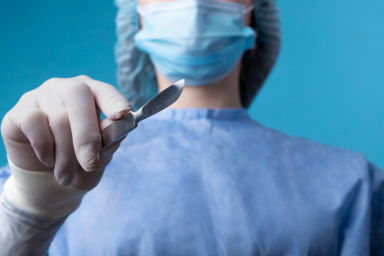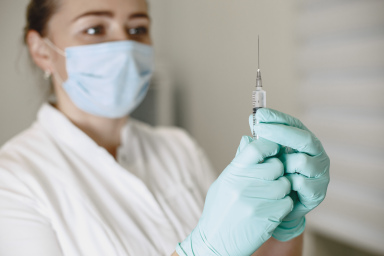Health and public health was one of the main topics of the last European Parliament also because of the covid pandemic. Last spring, a special subcommittee on public health, SANT, was even set up to deal with major issues relating to a Europe-wide anti-epidemic strategy, medicines policy, the digitalisation of health care and the elimination of inequalities in access to care across member states. Now, after the elections, the cards have been dealt again. Although the majority of the subcommittee’s presidency has defended its mandate, only a minority of ordinary members and alternates remain. Zdravotnický deník took a close look at which members of the (now dissolved) SANT remain in the European Parliament after the elections and which have to say goodbye to Brussels.
Although it is not yet known whether the Subcommittee on Public Health will be established in the next European Parliament (this will be decided at the first meeting of the committee), we can already see which former members will return to the Parliament and which will not, either because they did not stand for election or because they were unsuccessful in the elections, according to the results in each country.
There were a total of 28 permanent members and 26 alternates on the subcommittee. Four of the permanent members were the body’s leadership. The chairman was Adam Jarubas (from Poland) and the vice-chairmen were Irena Joveva (from Slovenia), Tilly Metz (from Luxembourg) and Joanna Kopcińska (from Poland). With the exception of the latter, who did not run for a seat this year, all remain in the European Parliament.
As far as the Czech members of the subcommittee are concerned, Kateřina Konečná (KSČM) defended her European mandate as a permanent member, as did Ondřej Knotek (ANO), a substitute. MEP Radka Maxová (independent) announced last autumn that she would not run for office in Brussels again.
The French representation in the subcommittee has undergone major changes – none of the four permanent members will return to the European Parliament, and only the substitute Christophe Clergeau, known for his leaning towards „green transformation“, has defended his mandate.
Mohlo by vás zajímat
The seats held by the Italians will be transformed even more. Of the seven members of SANT (three permanent members and four alternates), none passed the elections. So did two Hungarian MEPs and three Danish MEPs. Although Denmark was only represented in SANT among the alternates, there was a strong presence of Pernille Weiss, who drew attention to herself, for example, during the debates on the setting of the length of regulatory data patent protection (RDP) for innovative medicines, which was (and still is) a key part of the revision of European pharmaceutical legislation. As a representative of a country with a very strong innovative medicines industry, Weiss called for the longest possible patent protection. However, her party, the centre-right Conservative People’s Party, decided not to put her on the list of candidates after an internal investigation revealed reports of bullying in her office, according to the news portal Politico.
By contrast, German MEPs were successful in the elections. All four remain in the parliament – two permanent ones (Andreas Glück and Tiemo Wölken) and two alternates (Peter Liese and Manuela Ripa). The Poles did not fare badly either. Apart from Kopcińska, who has dropped out, Karol Karski will not remain in Brussels, despite considerable support from the leader of the strongest Polish parliamentary party, Law and Justice, Jaroslaw Kaczyński, and many other politicians, who lost his duel with Maciej Wąsik, the number one candidate. Karski has been an MEP for two terms. Of the former SANT members, Jarubas remains the chairman and Elżbieta Łukacijewska the alternate for Poland.

Summarily, of the 28 former permanent members of SANT, 17 did not defend their mandate (or did not defend it at all). The alternates were even slightly less successful, with only 8 of the 26 returning. The question now remains whether the subcommittee will be reconstituted. In a recent interview with Zdravotnický deník, its former vice-chair, Irena Joveva, expressed her belief that SANT had proved its worth in the previous period. Her Czech colleague Kateřina Konečná also believes that it should be transformed into a full-fledged committee. However, this will not be decided until the first plenary session of the new parliament, which will take place on 16-19 July.
-fk-












